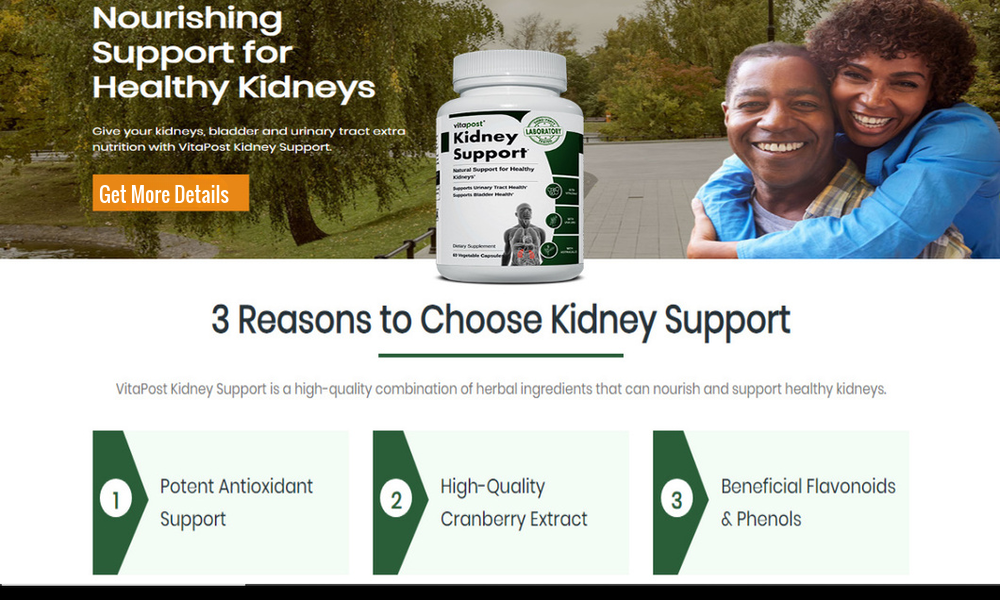Trump, the superspreader, going to Oklahoma because chaos will re-elect him
There are now 119,000 deaths to date and 2.2 million cases of COVID-19 in the US.
Trump will likely blame the virus superspread event in Tulsa on protesters, as the media frames can be written in the most arcane ways: “they pulled off my mask”, “they coughed on me”, as Trump really would like some protest violence. Removing a curfew encourages unrest and promotes conflict.
The event is more about Trumpian ego, in a state not in electoral play, with an audience he’s willing to sacrifice.
The highest risk place and event will have no curfew.
— PoliticalMama (@politicalmablog) June 19, 2020
— Philip Rucker (@PhilipRucker) June 19, 2020
— Jeremy Diamond (@JDiamond1) June 19, 2020
Earlier this month, several top Trump campaign advisers gathered for a virtual strategy session to address a political reality they could no longer ignore: The President was in serious trouble.
“…the changing organizational nature and rapid spread of far-right extremism, which is bolstered by conspiracy theories and stressors during an already volatile election year, can make it difficult for police to interdict.”
— Mr. Stino (@Stinodepino) June 17, 2020
The assessment, dated June 15 and obtained by Politico, reported that “recent events indicate violent adherents of the boogaloo ideology likely reside in the National Capital Region, and others may be willing to travel far distances to incite civil unrest or conduct violence encouraged in online forums associated with the movement.”
[…]
…Several boogaloo adherents have been charged in recent weeks for acts ranging from felony murder to terrorism, and police last month seized military-style assault rifles from so-called “boogaloo bois” in Denver.
[…]
Brian Levin, executive director of the Center for the Study of Hate and Extremism at Cal State San Bernardino, said the center’s research shows there have been 27 homicides connected to far-right extremists in the U.S. since 2019, with none connected to the far-left since at least 2016. White supremacists, he added, continue to pose the “most ascendent and prominent threat,” Levin said.
Other think tanks have compiled similar data. The Center for Strategic and International Studies released a report on Wednesday that found that “right-wing extremists perpetrated two thirds of the attacks and plots in the United States in 2019 and over 90 percent between January 1 and May 8, 2020,” defining such extremists as “white supremacists, anti-government extremists, and incels.”
— Josh (@jgrclarke) June 18, 2020
— Charles P. Pierce (@CharlesPPierce) June 19, 2020
— Aaron Rupar (@atrupar) June 19, 2020
— Hillary Huang (@HHuang_) June 19, 2020
— Jake Tapper (@jaketapper) June 19, 2020
— Newsweek (@Newsweek) June 19, 2020
— David Ingram (@David_Ingram) June 19, 2020
— Greg Sargent (@ThePlumLineGS) June 19, 2020
<
p class=”is-empty-p”>






